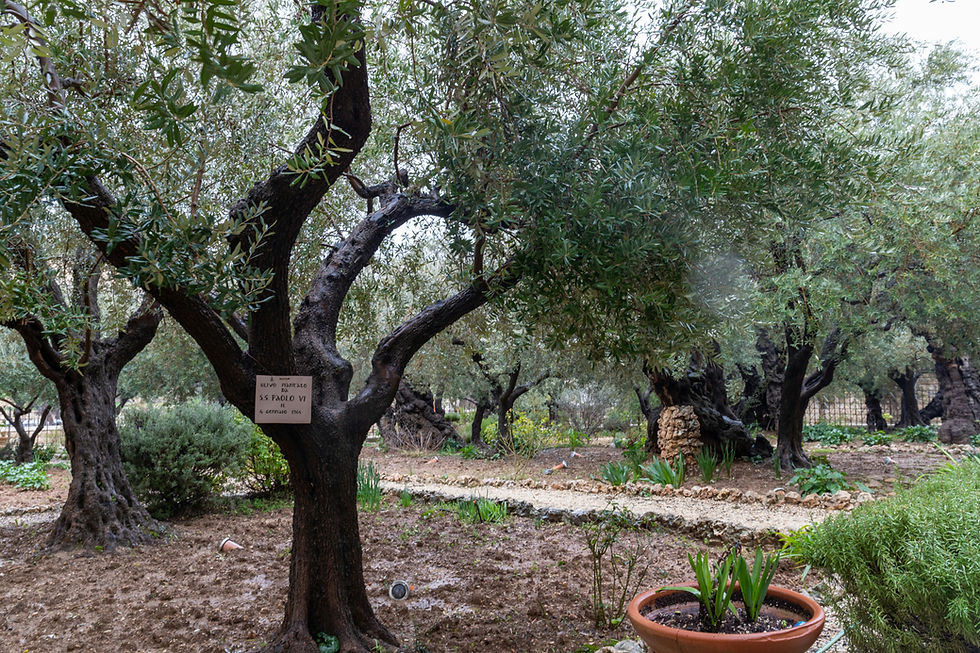Everywhere, All the Time
- JCGR

- Aug 3, 2020
- 3 min read
One of the icebreakers that I usually hear in groups of students coming together for the first time is, “If you could have any power of your choosing, what would that power be?” The answers are as varied as the students themselves. Some choose the power of infinite strength, yet others choose x-ray vision. Others settle for the power of mind control, and others select the power to breathe underwater. I enjoy getting to visit and know new places, so I usually choose the power of omnipresence.
I would like to dwell on the very real attribute of God that I selected. What does it mean to be everywhere at once and never be absent from anywhere, ever? Admittedly, this is hard to comprehend, but it reflects on the closeness God provides to humanity throughout creation.
“Where can I go from Your Spirit? Or where can I flee from Your presence? If I ascend to heaven, You are there; If I make my bed in Sheol, behold, You are there. If I take the wings of the dawn, If I dwell in the remotest part of the sea, even there Your hand will lead me, And Your right hand will lay hold of me. If I say, "Surely the darkness will overwhelm me, And the light around me will be night," Even the darkness is not dark to You, And the night is as bright as the day. Darkness and light are alike to You.” (Psalm 139:7-12, NASB)

As puzzling as God’s attributes are, the concept of omnipresence - being present everywhere at once - is perhaps the most complex for humanity to grasp and fully appreciate. The Psalmist exclaims a question in humble adoration, “Where can I go from your Spirit? Then he expands on the presence of God—You are everywhere; the highest places, the lowest crevices of the earth; even in the darkness where I presume to hide, You are there as though light were everywhere God sees. God is everywhere all at once. How can we escape from such a mighty and very present Spirit?
To us, the power to be present everywhere at once may be a trivial pursuit, but in regard to God’s attributes, it is the ability to be near creation while still being completely separate from the created. Here we then split omnipresence into two distinct characteristics (Transcendence and Immanence) to be discussed separately in other articles. God does, however, provide us comfort in his nearness to us, while still remaining completely separate from us. We are not truly alone in a world that makes the bravest people have episodes of loneliness and fear.
God’s presence also provides a very present reminder of his rule over the created order, as a King watches carefully over the affairs of the kingdom, so God watches closely over the activity of his creation. From the proud moments of kindness and compassion performed to the least of any community, as well as the most painful and shameful acts committed against one another, God perceives and sees clear-as-day every action that humankind makes in this world. How might it affect us to fully comprehend that the same God that dwells in the highest heaven where believers willfully and purposefully worship Him, is the same God who is present in the depths of hell, where those who offend Him cannot escape his holy wrath and the subjugation to eternal judgement of their own choosing?
While it is today that we have the chance to choose. Will we worship the living God in light of His presence with us? Or will we ignore His presence in darkness, though to him it is plainly visible as in the noon of day, to do our own bidding? The issue then becomes real and of the highest importance, how will we respond to a God who is present with us when we repent as well as when we fall short?




Comments